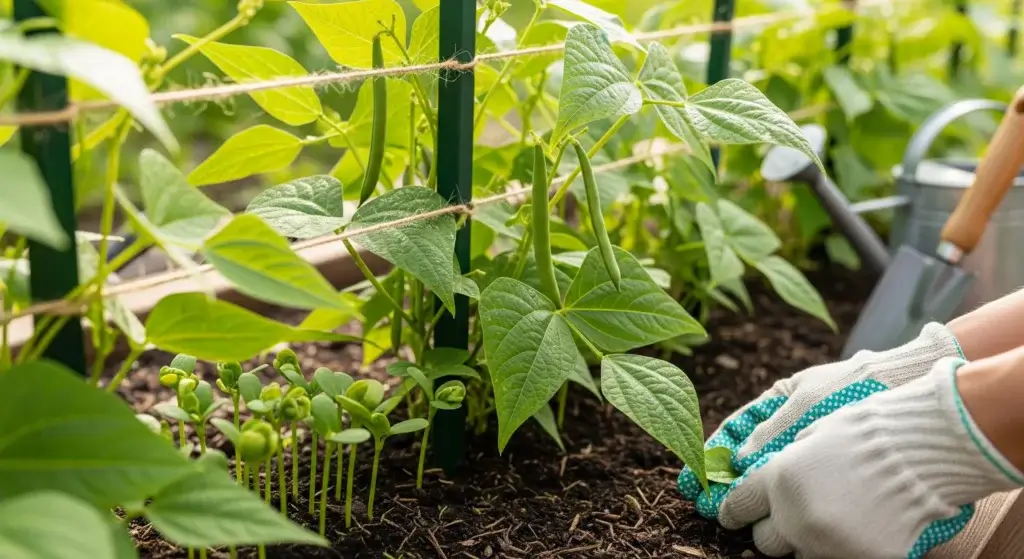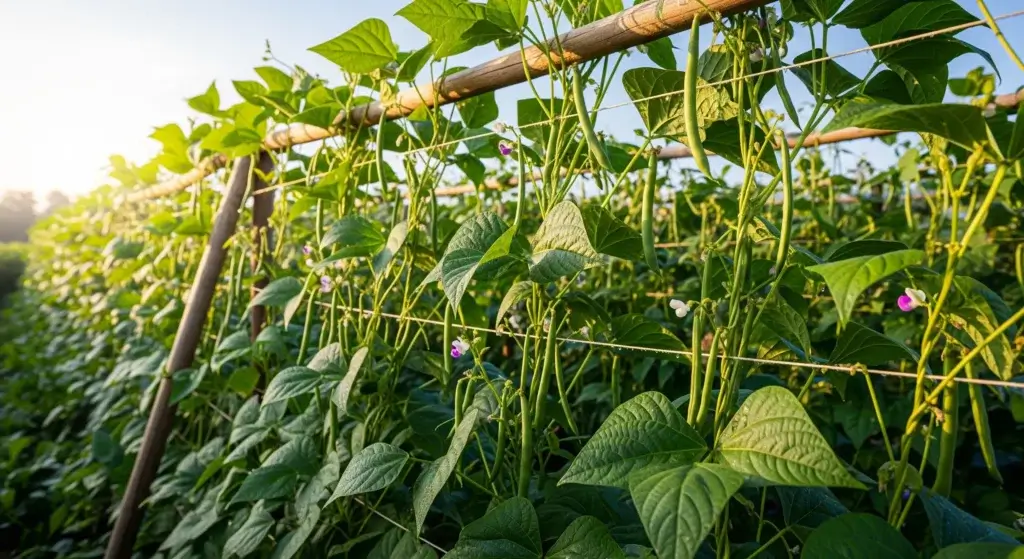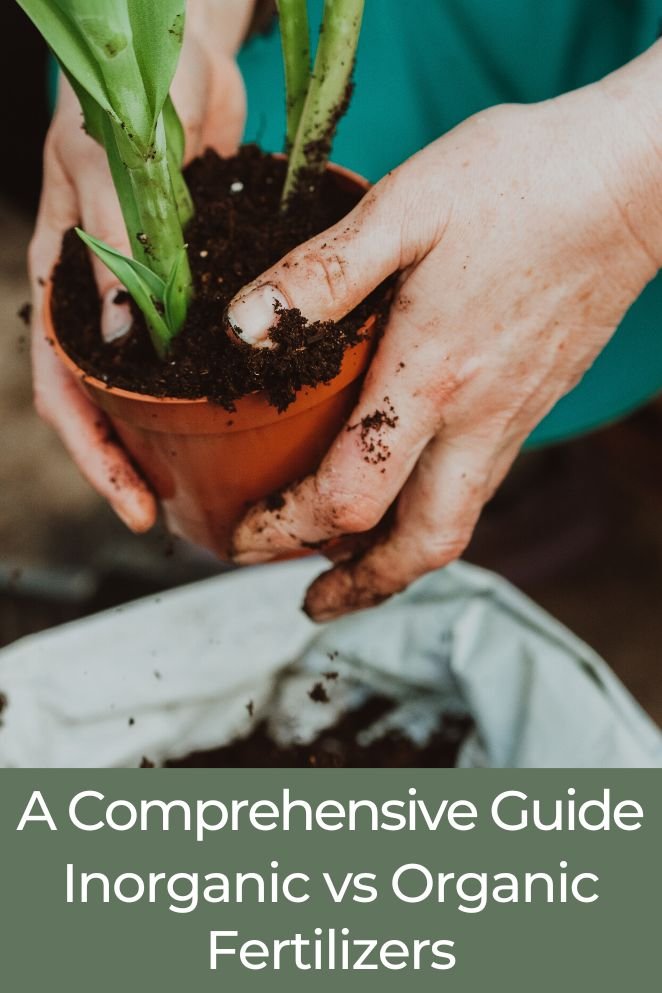
As you venture into the realm of gardening, it becomes imperative to grasp the essentials of plant nutrition, with a central decision point being the selection between organic and inorganic fertilizers.
This guide aims to demystify these two fertilizer types, exploring their respective advantages and disadvantages.
By providing a comprehensive comparison, we aim to empower you with the information needed to make a knowledgeable decision, fostering the cultivation of a vibrant and flourishing garden.
What is a Fertilizer?
A fertilizer serves as a substance applied to soil or directly on plants to supply essential nutrients crucial for their growth.
Key nutrients like nitrogen, phosphorus, and potassium are vital players in promoting the development of robust and thriving plants.
The strategic use of fertilizers contributes to the overall health and strength of plants by ensuring they receive the necessary elements for optimal growth.
As we delve into the upcoming discussion contrasting organic and inorganic fertilizers, it becomes imperative to establish a clear understanding of the fundamental role fertilizers play in nurturing plant life.
- Read also: A Deep Dive into Organic Fertilizers
- Read also: Aloe Plant Watering Care
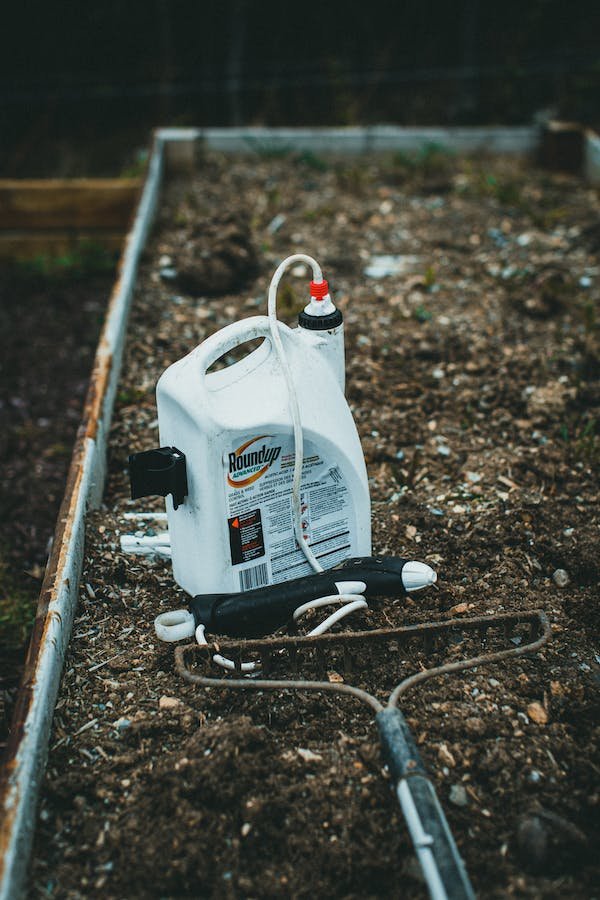
Organic vs. Inorganic
Understanding the world of fertilizers requires us to delve into the fundamental difference between organic and inorganic variants.
At the core, these distinctions stem from the diverse origins of the nutrients they deliver to our beloved plants.
Organic fertilizers
- Origins: Derived from living organisms or their byproducts, organic fertilizers boast a natural lineage. Common sources include compost, manure, and bone meal, embodying the essence of the organic world.
- Composition: These fertilizers harness the richness of organic matter, promoting a holistic nutrient profile that aligns with the natural cycles of life.
Inorganic fertilizers
- Artificial origins: In stark contrast, inorganic fertilizers are products of human ingenuity. Synthetically manufactured, they represent a departure from the organic realm and often feature concentrated blends of specific nutrients.
- Formulation: Crafted in laboratories, inorganic fertilizers are meticulously designed to offer precise nutrient ratios, providing plants with targeted nourishment.
Comparing Inorganic and Organic Fertilizers

| Aspect | Inorganic Fertilizers |
Organic Fertilizers
|
| Nutrient Composition | Precisely formulated nutrient ratios |
Variable nutrient ratios from natural sources
|
| Nutrient Release | Quick-release, providing immediate nutrition |
Slow-release, offering a gradual nutrient release
|
| Cost | Generally more affordable |
Often more expensive, but varies by source
|
| Soil Structure | May not contribute to improved soil structure |
Enhances soil structure and water retention
|
| Environmental Impact | Potential risk of runoff, impacting water quality |
Environmentally friendly, less risk of pollution
|
| Sustainability | Finite resources may be depleted over time |
Renewable and sustainable sources
|
Benefits of Inorganic and Organic Fertilizers
Inorganic fertilizers
Quick results
Inorganic fertilizers are renowned for their ability to swiftly address nutrient deficiencies in plants.
This quick-acting characteristic makes them an ideal choice when immediate nutrient supplementation is crucial for the well-being of plants.
Precise nutrient control
The controlled formulation of inorganic fertilizers allows gardeners to fine-tune nutrient levels according to the specific requirements of different plants.
This precision in nutrient control enables a tailored approach, ensuring that plants receive the exact nutrients they need for optimal growth.
Storage convenience
Inorganic fertilizers often boast a longer shelf life and are easy to store.
The durability and stability of these fertilizers contribute to their convenience for gardeners, allowing for bulk purchase and storage without the concern of degradation over time.
Organic fertilizers
Soil enrichment
Organic fertilizers play a crucial role in enhancing soil structure and promoting microbial activity.
As they break down, these fertilizers contribute organic matter to the soil, improving its overall composition.
This enrichment leads to better soil aeration, water retention, and nutrient absorption.
Sustainable farming
Sustainable farming practices are exemplified by organic fertilizers, which are derived from renewable sources like compost, manure, or plant materials.
These fertilizers align with environmentally conscious gardening, creating a closed-loop system where waste materials are repurposed to enrich the soil.
This approach reduces dependence on synthetic inputs, contributing to a more sustainable method in both farming and gardening.
Long-term benefits
Delving into the long-term benefits of organic fertilizers, they may take a bit more time to show results compared to inorganic counterparts. However, they offer a sustained release of nutrients.
This slow-release characteristic ensures a consistent and prolonged supply of essential elements to plants.
Beyond immediate growth, the enduring advantages of organic fertilizers include the promotion of lasting soil health and fertility.
Choosing the Right Fertilizer
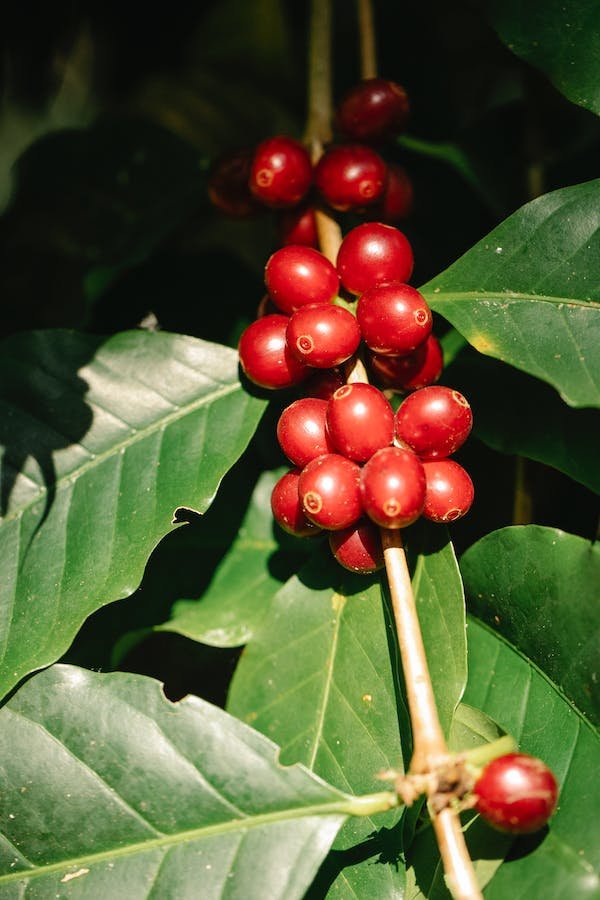
Choosing the right fertilizer for your garden involves careful consideration of various factors that influence the growth and well-being of your plants.
The decision between organic and inorganic fertilizers hinges on elements such as your gardening goals, budget constraints, and environmental consciousness.
Consider your plant’s needs
Understanding the specific nutrient requirements of your plants is a pivotal step in selecting the appropriate fertilizer. Different plants demand different nutrients in varying proportions.
Conduct thorough research on the nutritional needs of your plants to ensure you provide them with the essential elements for robust growth.
Budget considerations
When selecting the ideal fertilizer for your garden, budget considerations play a pivotal role.
In most cases, inorganic fertilizers prove to be more budget-friendly compared to their organic counterparts.
It’s crucial to assess your budget constraints and determine the amount you’re willing to allocate for fertilizers.
Environmental impact
If sustainability and eco-friendliness are priorities in your gardening practices, the environmental impact of the chosen fertilizer becomes a crucial consideration.
Organic fertilizers, derived from renewable sources, align more closely with environmentally conscious gardening.
These fertilizers contribute to a closed-loop system, promoting soil health and minimizing the environmental impact associated with synthetic fertilizers.
- Read also: Mastering the Art of Drip Irrigation for Tomatoes
- Read also: Exploring Different Types of Drip Irrigation Emitters
Conclusion
The debate over organic versus inorganic fertilizers ultimately comes down to personal preference, specific gardening objectives, and environmental values.
Each option presents its advantages and the optimal choice hinges on the distinctive characteristics of your garden.
Whether you lean towards the precision of inorganic fertilizers or the sustainability of organics, the essential goal remains consistent: to provide essential nourishment to your plants while cultivating a robust and flourishing ecosystem.
FAQs
Absolutely! Many gardeners find success in using a combination to leverage the immediate benefits of inorganic fertilizers and the long-term soil enrichment provided by organics.
While organic fertilizers generally have a lower environmental impact, it’s crucial to consider factors like transportation and production methods. Local and sustainably sourced options can further minimize environmental effects.
Certainly! Composting kitchen scraps, using manure, or creating compost tea are popular DIY organic fertilizer options that are easy to make and beneficial for your garden.

